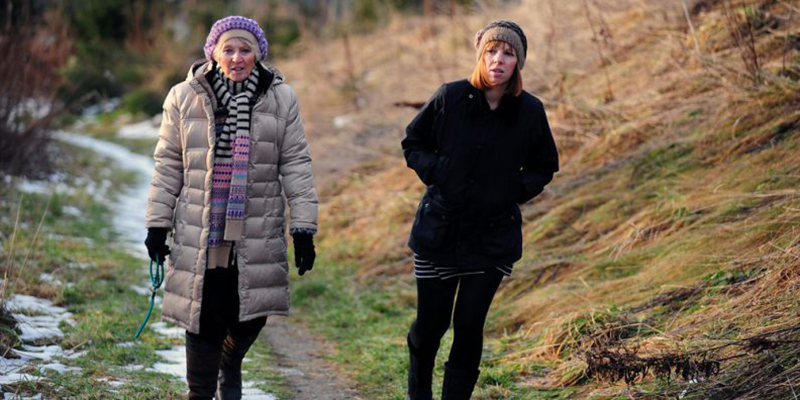
Loughborough University’s Dr Florence Kinnafick has worked with the mental health charity Mind to evaluate their Get Set to Go programme. The study, published in 2017, showed that people with mental health problems who are more regularly active have better mental wellbeing.
The programme was launched[1] with support from Sport England and the National Lottery in July 2015 to help people with mental health problems benefit from being physically active. The programme has since supported 3,585 people with mental health problems get more active.
Dr Florence Kinnafick explains the Get Set to Go programme
Dr Kinnafick worked with over 1,000 participants to track their progress, finding that participants’ activity levels increased by an average of 1.3 days each week and that they reported feeling like they had more support available to them after taking part in the programme.
Participants took part in specially designed physical activity projects delivered in communities across England by eight local Minds. They received group and one-to-one support from peers with an understanding of how mental health can be a barrier to physical activity. Participants took part in a range of activities including gym, football, badminton, boxing, walking, boccia and even ultimate frisbee. They also received support through Mind’s safe and supportive online social network Elefriends, by swapping tips, advice and linking up with others who were just starting out.
Nationally, Get Set to Go campaigned to promote the benefits of getting active on mental health, reaching over 19 million people with specially developed information. Thousands more accessed information and support to help them get active online through Mind’s Elefriends website.
Staff from Loughborough University are continuing to work with Mind to evaluate their work on sector influencing within the sport and physical activity sector. The final report is due to be published in April 2021. The team involved in the project includes Dr Florence Kinnafick, Dr Janine Coates and Eva Rogers.
[1] Funding was awarded in November 2014